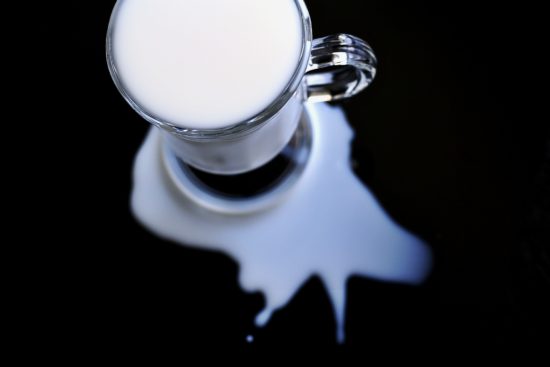Survival of staphylococci and transmissibility of their antimicrobial resistance genes in milk after heat treatments
There is growing concern that the milk heat treatments, which are the main antibacterial safeguard in the dairy industry, are not sufficient in inactivating the antimicrobial resistance (AMR) genes of staphylococci and may induce a viable but non-culturable (VBNC) state of these microorganisms. This study investigated the persistence and quantification of blaZ, mecC and tetK plasmid-mediated AMR genes copy numbers of two staphylococcal strains in both milk and Tris-EDTA (TE) buffer.
AMR NEWS
Your Biweekly Source for Global AMR Insights!
Stay informed with the essential newsletter that brings together all the latest One Health news on antimicrobial resistance. Delivered straight to your inbox every two weeks, AMR NEWS provides a curated selection of international insights, key publications, and the latest updates in the fight against AMR.
Don’t miss out on staying ahead in the global AMR movement—subscribe now!







